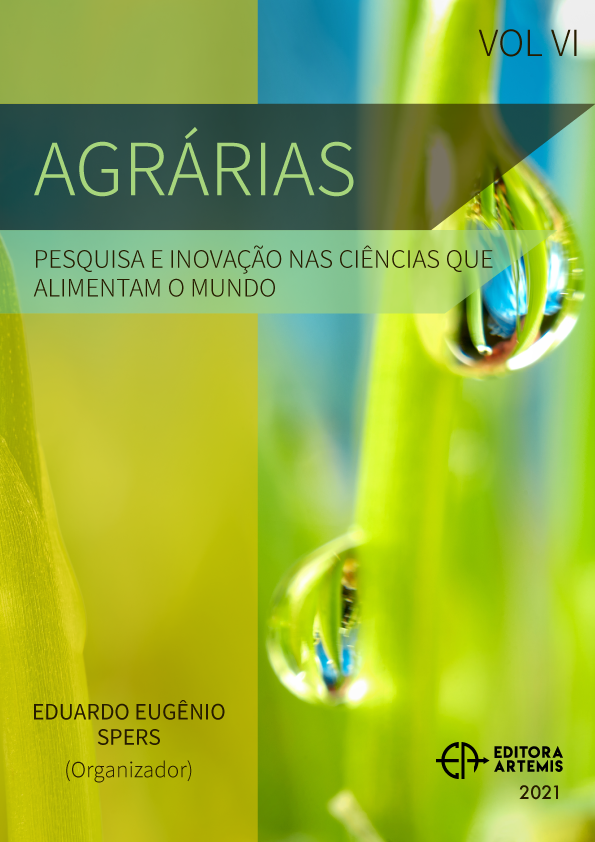
BALANÇO HÍDRICO DO SOLO E USO DA ÁGUA NO TRIGO (TRITICUM AESTIVUM L.): UM CASO DE ESTUDO EM CONDIÇÕES MEDITERRÂNICAS
Neste estudo foram avaliados os efeitos da rega e da fertilização azotada sobre a produtividade do trigo mole na região do Alentejo, Sul de Portugal, em 2018. Testaram-se 3 tratamentos de rega e 8 tratamentos de tipo/fracionamento do fertilizante azotado. Os tratamentos de rega foram: R1 (rega com reposição de 100% da evapotranspiração cultural-ETc); R2 (rega com reposição de 100% da ETc apenas em quatro períodos: início do encanamento, emborrachamento, ântese, enchimento do grão); R3 (sequeiro). Os tratamentos de fertilização azotada incluíram 4 tipos de adubos (clássico; de libertação controlada; com inibidor de nitrificação; com inibidor da urease) aplicados totalmente à sementeira ou fracionados ao longo do ciclo. O ano hidrológico de 2017/2018 decorreu de forma anómala no que respeita à distribuição e volume de precipitação. Nas modalidades R1 e R2 apenas se verificaram dois pequenos períodos de stress hídrico na fase inicial da cultura. Na modalidade R3, verificaram-se períodos mais prolongados de stress hídrico e em maior número, que coincidiram com o final da fase de afilhamento e na fase de enchimento do grão. No que respeita à avaliação agronómica, não se verificaram efeitos significativos dos factores em estudo em qualquer dos parâmetros analisados, nomeadamente na produção de grão e seus componentes. Este conjunto de resultados reflecte o comportamento bastante semelhante do balanço de água no solo nas três modalidades de rega em estudo, como consequência da forma anormal como decorreu o ano hidrológico em causa. A fertilização com adubos específicos e com aplicações de 50% do azoto numa fase avançada do ciclo do trigo, deixam claro que aplicações mais tardias de azoto promovem o aumento de proteína no grão.
BALANÇO HÍDRICO DO SOLO E USO DA ÁGUA NO TRIGO (TRITICUM AESTIVUM L.): UM CASO DE ESTUDO EM CONDIÇÕES MEDITERRÂNICAS
-
DOI: 10.37572/EdArt_3004213544
-
Palavras-chave: Necessidades hídricas; fertilizantes azotados; rega deficitária; produção de grão; Triticum aestivum L.
-
Keywords: Crop water requirements; nitrogen fertilizers; deficit irrigation; grain production; Triticum aestivum L.
-
Abstract:
In this study, the effects of irrigation and nitrogen fertilization on the yield of common wheat in the region of Alentejo, Southern of Portugal, were evaluated in 2018. Three irrigation treatments and 8 nitrogen fertilizer type/ fractionation treatments were tested. The irrigation treatments were: R1 (irrigation with 100% of crop evapotranspiration-ETc); R2 (irrigation with 100% of ETc only in four periods: start of pipeline, rubberment, anthesis, grain filling); R3 (rainfed). The nitrogen fertilization treatments included 4 types of fertilizers (classic; controlled release; with nitrification inhibitor; with urease inhibitor) applied totally on the seeding or fractionated throughout the cycle. The hydrological year of 2017/2018 was anomalous in terms of the distribution and volume of rainfall. In the treatments R1 and R2, there were only two small periods of water stress in the initial phase of crop development. In the R3 treatment, it was verified longer periods of water stress, which coincided with the end of the tillering phase and the grain filling phase. Regarding agronomic evaluation, there were no significant effects of the factors under study on any of the analyzed parameters, namely on the production of grain and its components. This set of results reflects the very similar behavior of the soil water balance in the three irrigation treatments under study, as a consequence of the abnormal evolution of hydrological year. Fertilization with specific fertilizers with applications of 50% of nitrogen in advanced stage of the wheat cycle, make it clear that later applications of nitrogen promote the increase of protein in the grain.
-
Número de páginas: 15
- António Canatário Duarte
- Manuel Marques Patanita
- Alexandra Telo da Costa Trincalhetas Tomaz

